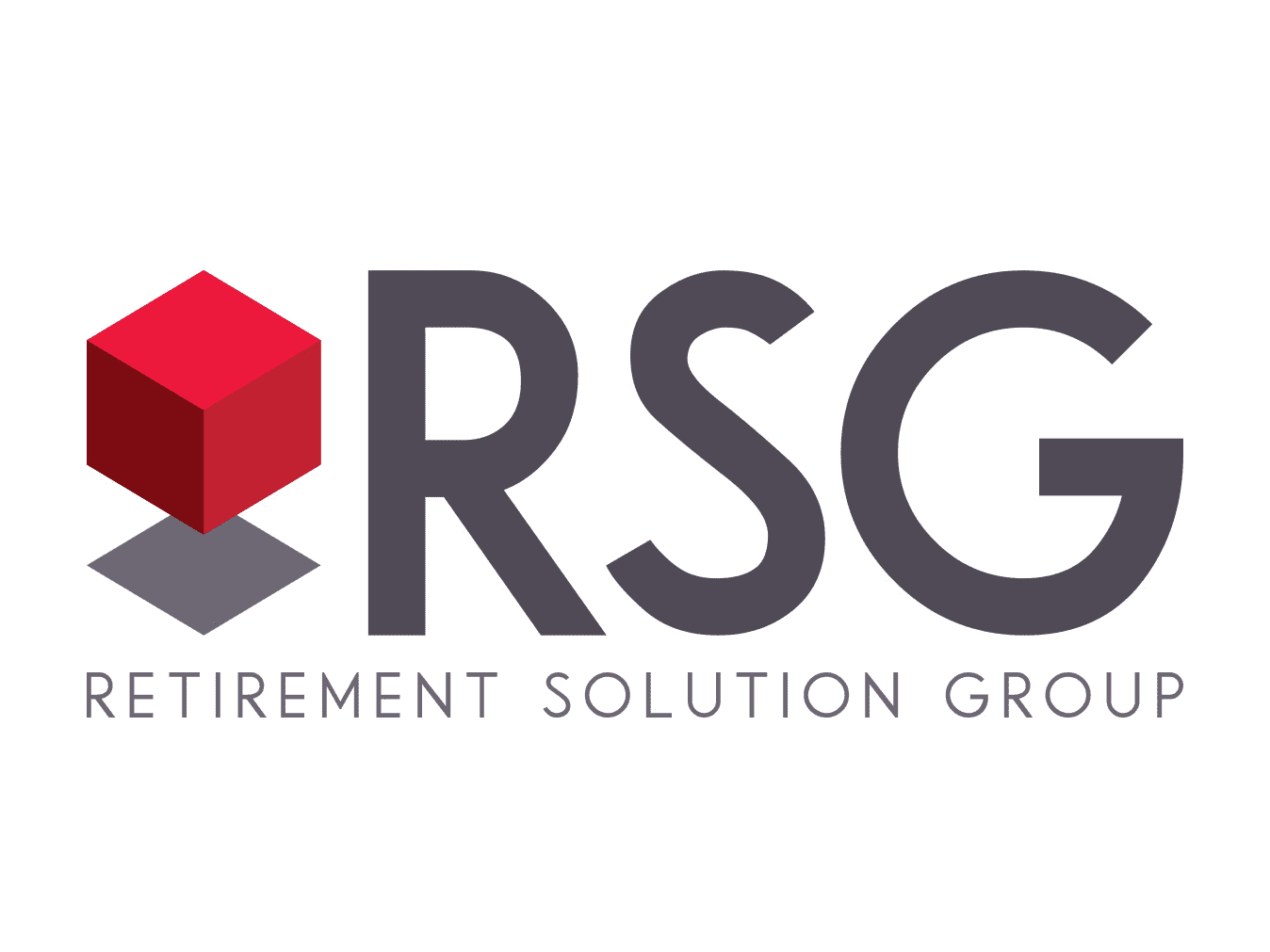Financial wellness happens when financial education is tailored specifically to each milestone in your life and your career. It is the goal individuals strive for, combining the right steps to maximize financial opportunities, overcome financial obstacles and make managing your money stress-free.
Finances can be complex. That’s true for both businesses and it’s employees. It is also true that knowledge is power, especially when it comes to your personal finances. I spend my career helping businesses understand how a retirement plan can be a savings strategy for both the company and its employees. This focus on financial wellness is rooted in a strong belief in education.
As a company, we believe that your financial health is as important as your physical health. I know that when people are in control of their money, it enables them to live happier healthier lives. And we’ve seen, time and time again the benefits of financial education and understanding your retirement benefits.
The steps to achieving financial health can be simple and begin with but a single step.
Setting Financial Health Goals
Financial health is multi-dimensional and will take years to achieve success and stability. Begin by setting some goals.
Targeted Financial Goals. Make them specific. Financial goals are most effective when they include actionable results. Here’s a short list to get you started.
- A suitable source of income which is regular and dependable
- A debt-to-income ratio which has around 35% of income being used to pay off debt (mortgage, credit cards etc.)
- A credit rating of at least 700
- A retirement investment account which you contribute 12-15% of pay annually
- Life and health insurance for protection
- A monthly budget which is adhered to
- An emergency savings account which covers 3-6 months of essential expenses
- Identified short and long term financial goals.
Personalized Financial Goals. Financial goals also need to be tailored to you, to encourage you to keep taking the steps needed to reach those milestones. Be sure to consider:
- Does confusion or frustration overwhelm you when dealing with your finances?
- What triggers can you identify in your life that can sabotage your financial decisions?
- Rate your current level of financial success?
- Are discussions about money a source of stress with your family members?
Steps To Get Started
Drawing from my 20 years of experience working with RSG participants, there are two ways every person, no matter your income, no matter your current financial state, can improve their success and hit these targeted and personalized goals.
- Knowledge is key. Learn as much as you can and talk to as many experts you have access to as possible. With knowledge comes the ability to make the best financial decisions possible
- Make a plan. With that knowledge you can more easily vision the actionable steps you need to take and form a plan. With just a little discipline you will be able to follow the financial wellness plan that you lay out with peace of mind. Always wondered what the best way is to improve success – stick to your plan. It’s pretty simple!
Additional Resources On Building Financial Health
In the spirit of sharing knowledge, below are some additional resources that will put you on the right track. Help is out there and most of the resources are free to use. Check it out:



